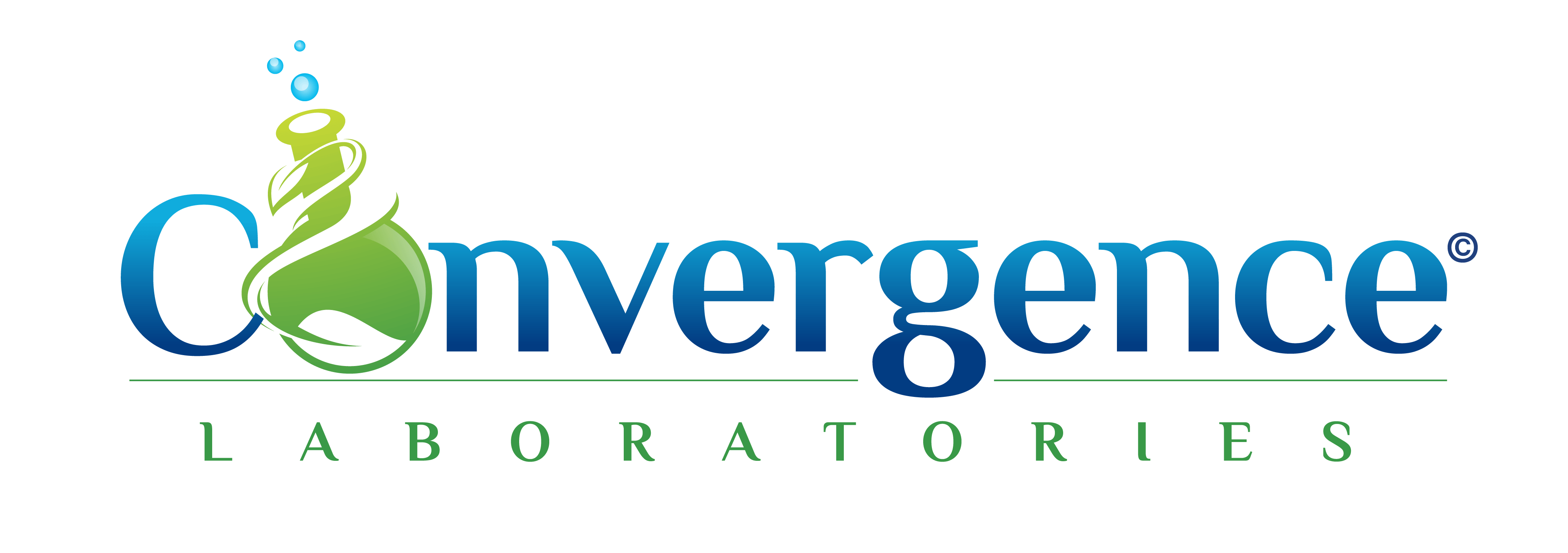Dr. Amanda Reiman Digs Deeply Into 5 Questions About The Endocannabinoid System
“Once your mom admits to using cannabis, it’s tougher to support laws that would put her in jail.” —Amanda Reiman
Amanda Reiman is the Vice President of Community Development for Flow Kana, a branded cannabis distribution company that works with small farmers in the Emerald Triangle. She also sits on the boards of the Mendocino Cannabis Alliance, the Fire Safe Council of Mendocino County, the Solar Living Institute, and the Initiative, the first incubator/accelerator for women-owned cannabis businesses.
After receiving her Ph.D. from U.C. Berkeley, Dr. Reiman became the Director of Research and Patient Services at Berkeley Patients Group, one of the oldest dispensaries in the country, and the manager of Marijuana Law and Policy for the national nonprofit Drug Policy Alliance. An internationally recognized cannabis expert and public health researcher, she has taught courses on substance abuse treatment and drug policy at U.C. Berkeley for 10 years. Dubbed “The Brain” by Elle.com, Amanda was the first chairwoman of the Berkeley Medical Cannabis Commission and sat on the Oakland Cannabis Regulatory Commission.
Amanda is a passionate animal rights activist and adventurer who has helped to bridge the gap between the legacy of the Emerald Triangle’s traditional commerce and the exciting new compliant market California is forging today. I caught up with her recently to learn what’s top-of-mind for her as California cannabis struggles to stay afloat with no federal legality or access to safe banking.
Let’s talk about cannabis.
WB: Why cannabis? What brought you to the plant? When did you first discover it? For what purpose?
Amanda Reiman=AR: I first consumed cannabis while in high school, but I didn’t really learn to enjoy it until years later in college. I was initially drawn to the plant because of how it makes me feel. Then, when I developed arthritis in my 20s, I was drawn to the relief cannabis provides.
I truly believe that our experiences with cannabis are deeply personal because of our endocannabinoid systems. The cannabis plant adapts to each individual — and the cannabis plant and my endocannabinoid system are deeply compatible. My tolerance has been unusually high from the beginning and hasn’t changed in the 20-plus years that I have been a regular consumer.

Accepting the Industry Power Women Award
PHOTO COURTESY: AMANDA REIMAN
What brought me to cannabis work wasn’t really the plant, but rather how people who consumed it were treated, and how that treatment varied depending on the color of their skin. It was the racism and classism swirling around cannabis use that brought me to this work starting in 1998 when the Higher Education Act was passed. This law prevented those with drug convictions from accessing federal aid for college. It was my first exposure to institutional racism. The realization that my first exposure to institutional racism wasn’t until I was age 22 in turn taught me about my privilege. That’s when I decided to become a social worker and focus on ending the War on Drugs.
I headed from Chicago to the Bay Area in 2002 and became involved with the UC Berkeley chapter of Students for Sensible Drug Policy and got my medical cannabis card. Back then, dispensaries were set up more like community centers than Apple stores. Many had gardens where patients could grow food and medicine. Free food and entertainment were common, as was free access to legal advice and peer counseling. Most had lounges which were filled with patients reveling in a feeling of community during the day. It was one of the most beautiful examples of community-based health care I had ever seen. At the same time, I feared that what I was seeing was a blip in time as cannabis moved from the underground to full commercial application, so I decided to study it, write about it, and preserve it in history.
WB: What are your six and twelve month goals? Do you have a mentor? Who? Why? Please tell me what you’re working on right now?
AR: As a long-term goal, I am excited by the shift in how the public views food, medicine, and agriculture. Once satisfied with pre-packaged goods coming from an unknown source, public concern is growing over the impact that food and medicine production and consumption have on our environment and health as a society. Mendocino County has long been an epicenter of sustainable agriculture and plant-based medicine. I want to help people move towards a more self-sustaining and mindful practice of home food and medicine cultivation. This will take a mix of critical appraisal of the current ways we feed and medicate and activism around finding another way.
Short term, I am focused on helping the nascent legal cannabis industry survive and thrive through initiatives like Flow Kana’s “Dirty Money” campaign aimed at securing banking access for compliant cannabis companies, and in the development of meaningful and effective social equity programs.
I am fortunate to have many mentors in my life, but two stand out as influencing my passion for activism and critical thinking. My cousin Tracy Reiman is the Executive Vice President of PETA. I remember visiting her in Virginia Beach in my early 20s and hearing about her undercover work and how she brought journalists in to expose animal cruelty. That ignited something in me that burns to this day.

Acrview fundraiser for Prop. 64 at the Oakland Museum
PHOTO COURTESY: AMANDA REIMAN
Then, when I was at Berkeley, I had a chance to work with Dr. Eileen Gambrill, the mother of evidence-based social service work. She and I developed a propaganda index for the social sciences that was published in The British Medical Journal. She is the one who taught me how to appraise information which, to this day, remains the best weapon in my arsenal. Right now I am working on economic development in Mendocino County. Long known as a cannabis cultivation region, Mendocino has the opportunity post-legalization to showcase more than just its cannabis, but moreover, its ethos around sustainability.
WB: Please tell me what obstacles you face? How do you anticipate removing them? Stigmas?
AR: The biggest obstacle in my work is the continued dissonance between cannabis science and policy. When cannabis was first made illegal, it was done so based on ludicrous “science” and fears of immigration. The science we have now is unequivocally clear, the effects of cannabis do not justify its criminalization. Even low-hanging, bi-partisan fruit like banking access becomes mired in Reefer Madness-style antiquated opinions about cannabis consumers.
Removing these obstacles? Well, frankly, this requires an aging out of those who hold these beliefs and a gradual replacement by more enlightened leaders — and we are seeing this happen. What we are also seeing is the widening profile of the cannabis consumer population. Breaking free from the stigmatized perception of the “lazy stoner” is incredibly impactful. Legalization makes it safer for people to self-identify as consumers, especially people outside of the usual “stoner” stereotype. Once your mom admits to using cannabis, it’s tougher to support laws that would put her in jail.
WB: Favorite food memory? Favorite food?
AR: A few years ago I was in New Orleans for a cannabis conference. After a day of panels, a group of girlfriends and I headed to Commander’s Palace. It was my first time in New Orleans, but my folks went to college there so I grew up hearing stories about the amazing food. We settled in for a seven-course meal and it was everything I hoped for and more. But the kicker was when the chef came out before dessert to see how everything was. One of my friends slipped a gigantic joint into his pocket as a thank you. A few minutes later every single dessert on the menu arrived at our table. It was fabulous! My favorite food is chocolate.

From left, sister-in-law Shoshana, brother Scott, mom and dad, Amanda and her partner Sean.
JOSH FOGEL PHOTOGRAPHY
WB: What is your passion?
AR: My passion is challenging and then changing oppressive institutional structures. While overt racism, sexism, classism, and speciesism are stark and obvious, institutional and systemic discrimination hides behind “tradition,” “culture,” and plain old ignorance. I am passionate about self-determination, the belief that you control your own destiny, and what happens to you. And, of course, dogs.

Beloved dogs Finn (black and white) and BoJack
PHOTO: AMANDA REIMAN


